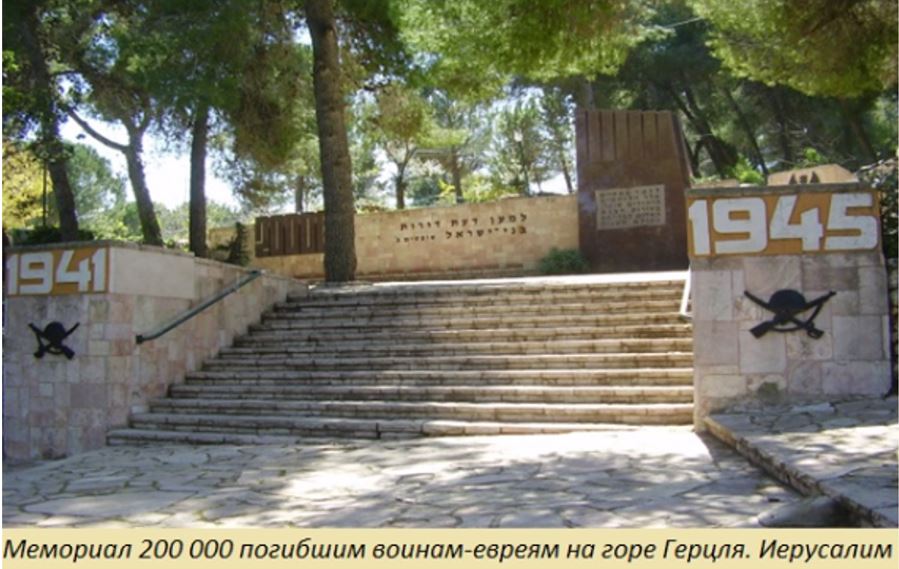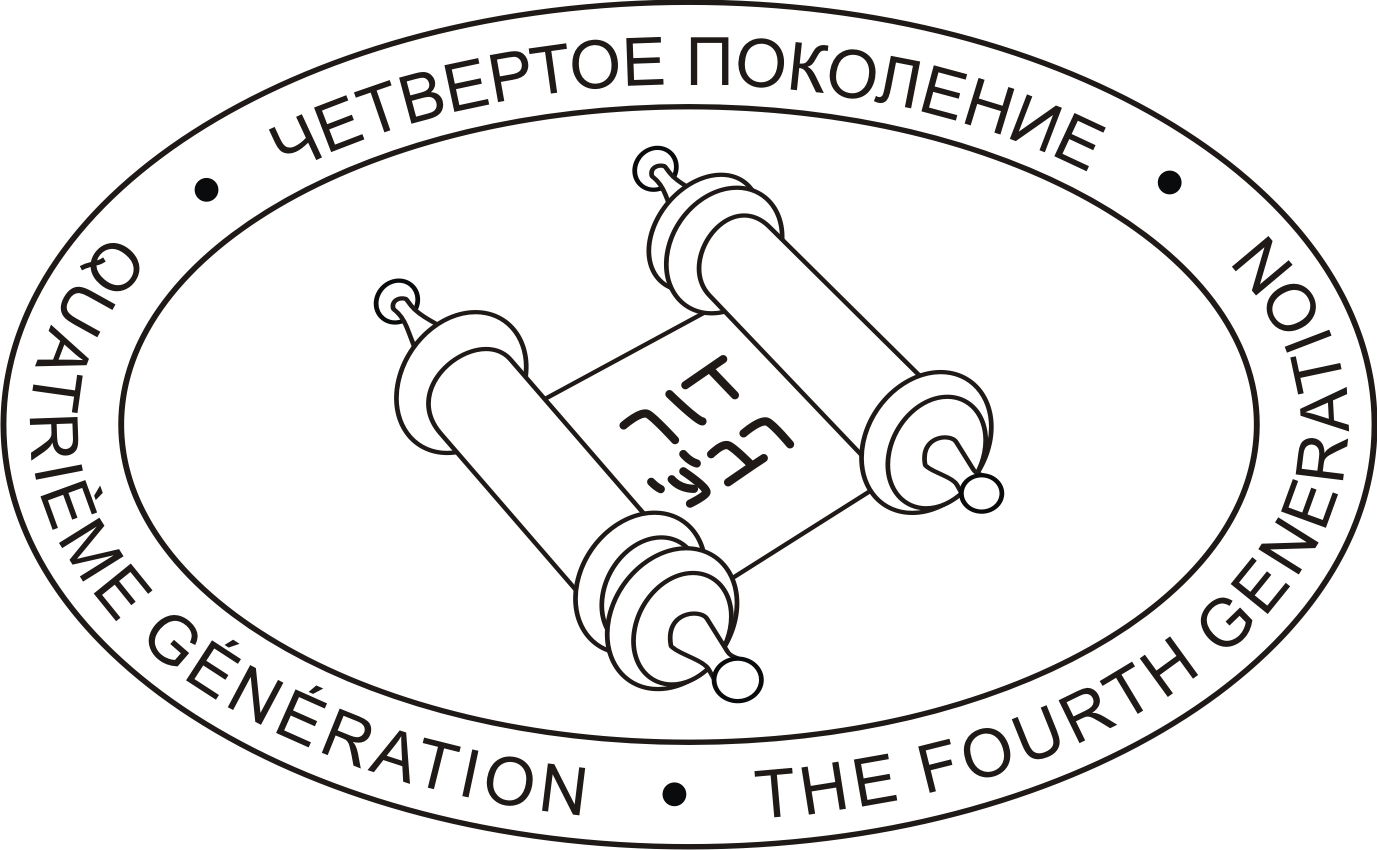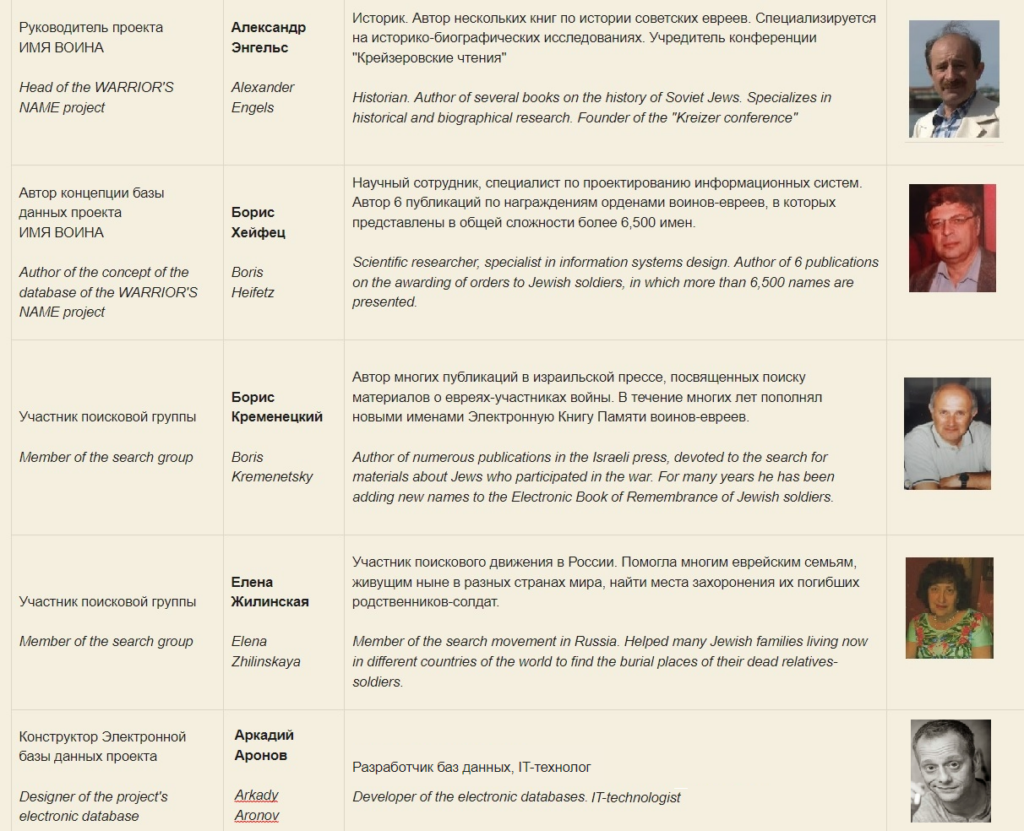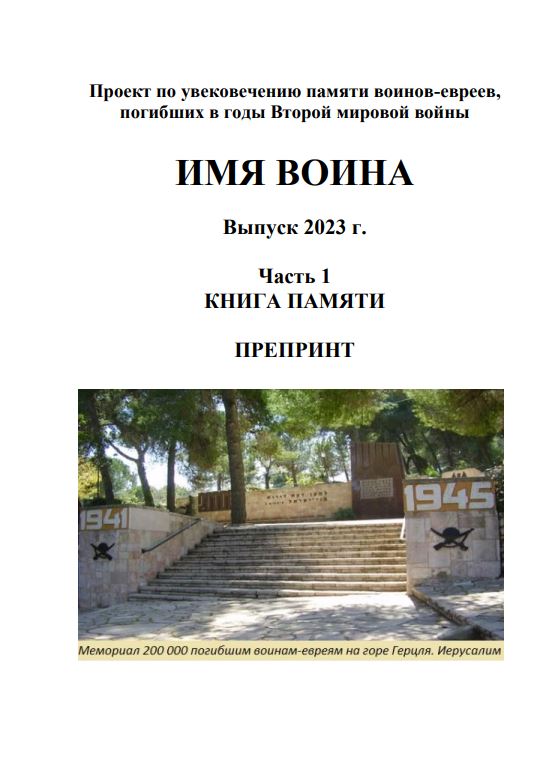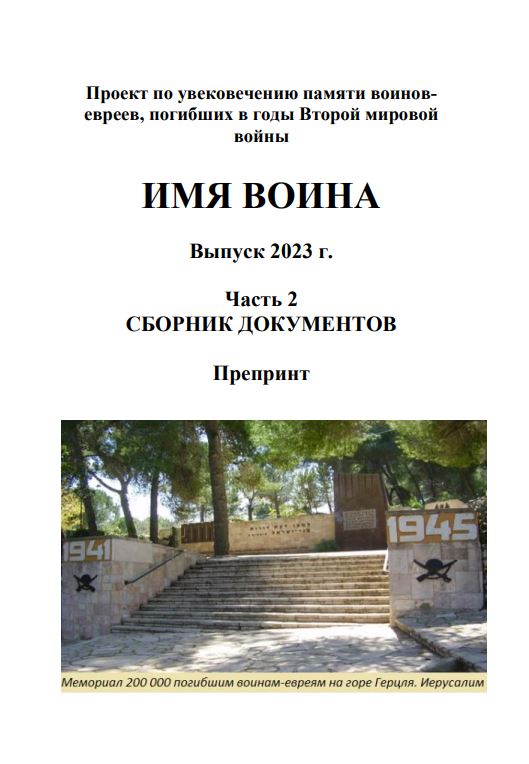The сurrent stage of the project development
The logical continuation of this work was the move to the third stage of the project’s implementation — the creation of the Unified Database of Jewish soldiers who died during the Second World War.
At present, it includes about 160,000 names and continues to be updated daily. The fields of the database form reflect biographical information about the soldier, his place of conscription, military specialty, rank, and last place of service. In those cases where it is possible, the warrior’s combat path is reflected: names of fronts, major battles.
Indication of the date and place of death of the soldier, the place of his burial plays an invaluable role for the families of the descendants of the fallen soldiers. Since in a number of cases the participants of the project manage to conduct an independent investigation on the documents and find out details about the date and place of death, it will allow the descendants to fulfill the commandment of commemoration of the dead relatives, which is an important element of the Jewish tradition.
Nowadays very wide possibilities of online access to the archive of the Ministry of Defense of the Russian Federation, to the «Memorial» database, to online collections of photos of soldiers allow through the database of our project and through the corresponding hyperlinks to see the award list, the card of the Military Transfer Station, the statement of losses, the death notice, the document of the military commissariat about the post-war search of the missing person, the sheet of testimonies in the Yad Vashem Memorial.
In including names in the database, project participants have to deal with the delicate problem of national identification. We usually see a lack of documentation and detailed biographical information. In the section «Methodology Issues» you can see how this problem is solved by the project participants.
Speaking about the current stage of work on the creation the database of fallen Jewish soldiers, and about the nearest prospects, let us emphasize a few features.
- The database is at the stage of formation. Among 160 thousand accounts created in it, not more than 10% are filled with information on most of the declared fields of the form. Progress in this matter can be significantly accelerated only by expanding the number of project participants. We address to state institutions, public organizations, Jewish foundations with a request to assist in solving this issue.
- Experience demonstrates that during a year of search work it is possible to establish and enter into the database up to several thousand names of soldiers who were previously missing from Jewish printed and electronic Books of Remembrance. In this way, it will be possible to gradually bring the number of accounts in the database of the dead closer to the figure of 200,000 dead Jewish soldiers, which is recorded on the Memorial in Jerusalem. The methodology of the project is well suited to accomplish this task. The only condition for this task is to find certain resources, including organizational resources, to expand the team of project participants.
- At the moment, the database is focused exclusively on finding the names of fallen soldiers and establishing information about them. In the future it is planned to create thematic pages in the database, devoted to different aspects of military history: awarding Jews with high orders, participation in decisive battles, representation in different branches of the army, collections of materials on specific military specialties, on feats performed. The thematic pages will be a valuable aid for historians and teachers of educational institutions in the preparation of memorial events, lectures and lessons.
- Another additional function, which is expected to be realized in the database in the future, will be the ability to make selections on the basis of territory. We assume that this function will be in demand by Jewish communities of different regions of the former USSR, as it will allow to collect information about Jewish soldiers who were born in this city, or who joined the army there, or who died in battles on the territory of this region.
